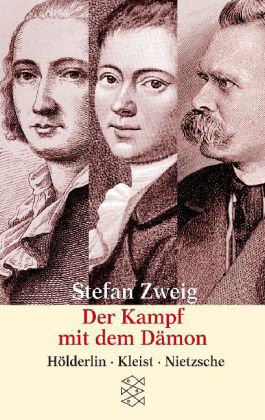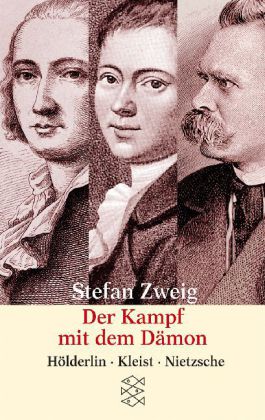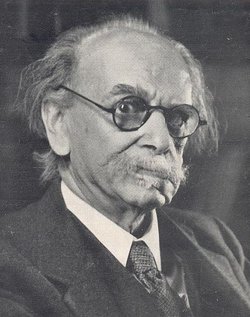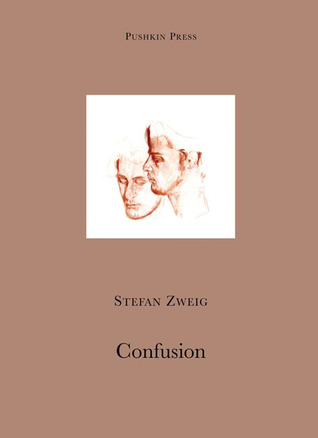To obtain a real likeness of the man, we need to see him in his actual surroundings. What were they? A dinning-room in some modest boarding-house, quarters in an equally modest hotel among the Swiss mountains or on the Italian Riviera; insignificant fellow-boarders, for the most part elderly females, experts in small talk.
Quietly and even timidly he sought the place reserved to him at the table, and he remained shrouded in an uncanny silence during the meal. One felt that this was a man who dwelt among the shadows, a man beyond the pale of human society and conversation, one who winced at the slightest noise. He would bow courteously to his fellow-guests, wishing them politely “God day”; and in return his fellow-guests would with equal polite indifference greet “the German professor.” There was never any wine or beer or coffee served where he sat; he smoked neither cigar nor cigarette after meals.
Immediately the meal was ended he would retire to his room, a typical chambre garnie, exiguous and chilly and dowdy. The table was usually littered with sheets of manuscript, with jottings on scraps of paper, with proofs. Not a flower, not an ornament, hardly a book, seldom a letter would be found.
One fine day he might take a stroll, but he would invariably go alone, alone with his thoughts. Never did he encounter a soul to cheer him, never did he have a companion, never did he meet an acquaintance. He hated gray weather, rain, snow which dazzled his eyes; and during such inclement days he would remain a prisoner in his dingy room. He never paid calls, never came in touch with other human beings. Of an evening he supped on a few biscuits and very weak tea, which having swallowed, he would resume his endless communing with his thoughts. A gulp of chloral or another soporific, and he would snatch at sleep, a sleep which is the facile boon of those who do not think overmuch and who are not perpetually harassed by the daimons.
Everywhere he went, the chambre garnie was the same. The names of the towns he visited changed from Sorrento to Turin, from Venice to Nice or Marienbad, but the chambre garnie remained identical, a rented room, a room totally lacking in any feeling of home.
During all the years of his pilgrimage he never once put up in friendly and cheerful surroundings, never at night felt the warm body of a woman pressing against him; never did the sun rise to see him famous, after a thousand nights of dark and silent labour. How immeasurably vaster was Nietzsche’s loneliness than is the picturesque highland of Sils-Maria where between luncheon and tea our tourists wander in the hope of capturing some of the glamour that clings to a spot sanctified by his presence. Nietzsche’s solitude was as wide as the world; it spread over the whole of his life until the very end. Conversation wearied and irritated him who constantly gnawed at his own vitals and whose hunger for himself, and himself alone, was never satiated.
_____________
Chechar’s note:
Of course: these are only excerpts of a chapter of The Struggle with the Daimon, as in earlier or later installments of this series. A new edition of Zweig’s book, with syntax modified for readers of our century (I prefer the 1930 edition that I quote by direct typing from the text), is now available in the market.



